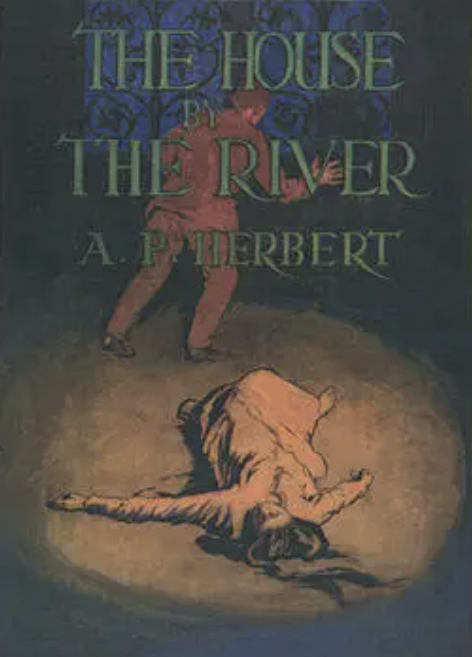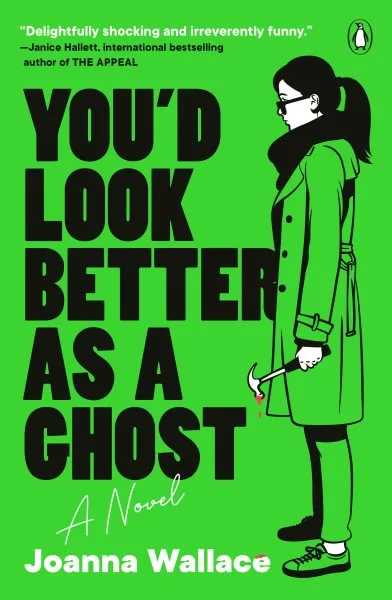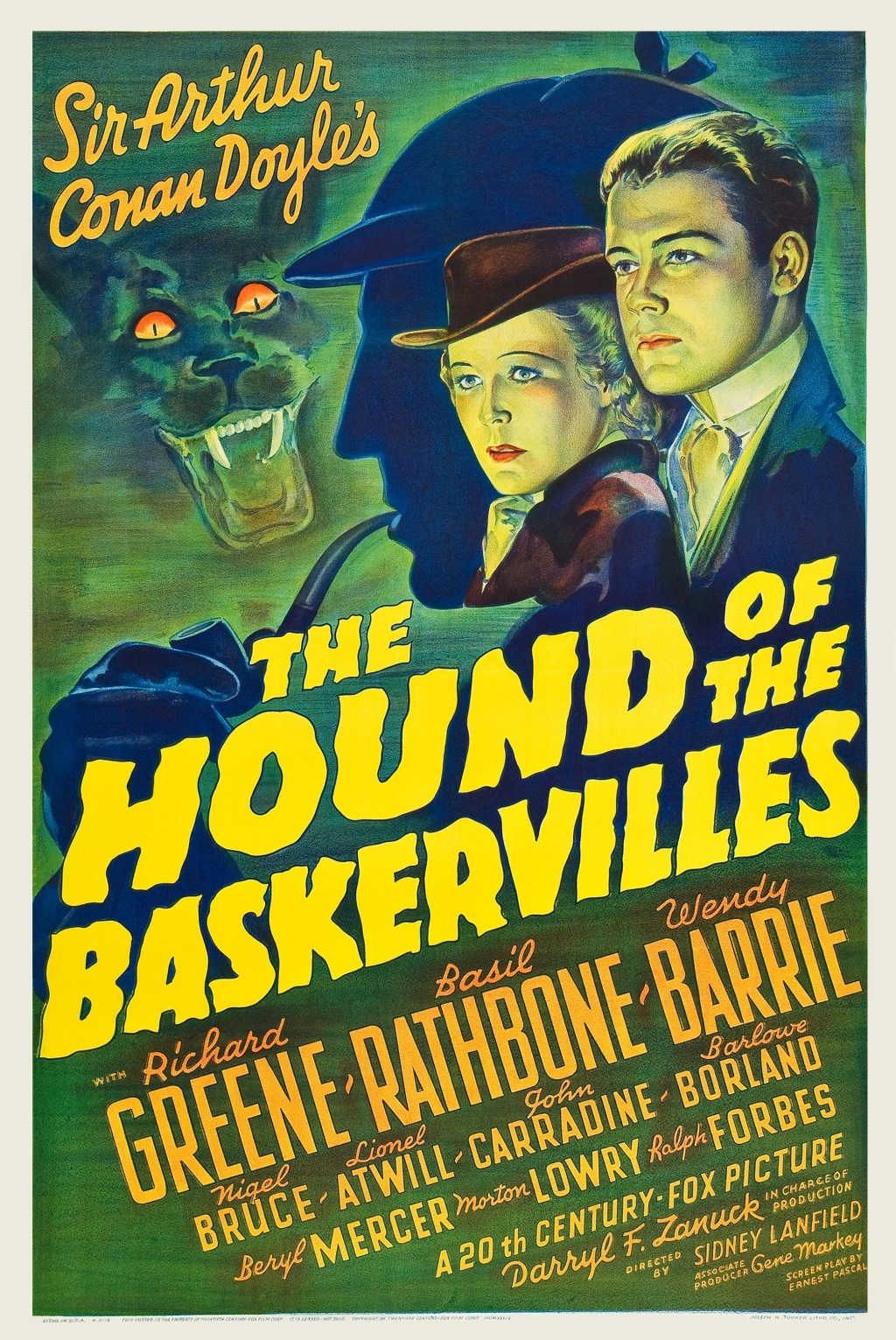
Josephine Tey
Originally Published 1929
Inspector Grant #1
Followed by A Shilling for Candles
On the day of the final performance of Didn’t You Know, a popular musical comedy that has run for two years in the West End, a man is stabbed to death in the queue for tickets with a stiletto. He cannot be identified and in spite of there being a crush of people near him, no one reports seeing anything suspicious.
Inspector Grant is assigned to the case and begins to methodically work through his leads, interviewing the witnesses and working to first identify the corpse and then find a suspect. Tey breaks down her story into very tightly themed chapters, each focused on an element of the investigation such as an interview or a visit to a location.
I rather enjoyed this structural approach as each chapter ends up feeling quite distinct from those around it. I had a sense as I read that you could never entirely know where the narrative would go next and I think it would be fair to say this novel is as much adventure as it is crime fiction.
While the novel has a slower, more descriptive pace, I found it to be a very engaging and entertaining read. Tey’s writing style is laced with entertaining commentary and turns of phrase that make it characterful while her descriptions are often quite evocative. A measure of that is the amount of lines that amused me or that I thought stylish that I ended up highlighting in my Kindle copy; when I reviewed the notes I had made at the end I found I had made more annotations in this one book than I did in all the ones I read in November put together.
I was similarly impressed with Tey’s characterizations both of her main character, Inspector Grant, and of the array of supporting characters she creates. While Grant is initially not the most striking of characters in that he is essentially thorough and competent, events in the second half of the novel cause him to show a set of values that make him a compelling and heroic investigator.
As for the supporting cast, there are some absolute delights to discover here. My favorite is an artist who we encounter in Chapter Seven who won my heart when he expresses his delight at being asked to assist a Policeman in breaking into an apartment and he gets to make quite a few other amusing remarks. Each of Tey’s characters feel quite distinctive and I never had any difficulty keeping the cast of characters straight.
Yet while I think that the novel is highly entertaining and engaging, I do think the book unfortunately ends poorly. That is not a criticism of the solution that Tey comes up with for the crime itself which I thought was effective if unlikely but rather of the way in which it is reached. The problem is that Inspector Grant really cannot be said to solve this case – rather the true culprit decides to reveal their identity to him at the conclusion.
Were I judging this as a 39 Steps-style adventure I would not even think to mention that as a problem but given that this is considered a detective story, it is a shame that the solution is gifted to the sleuth in the form of a confession rather than deduced. I am not even entirely sure that I can say that this is a fair play mystery as there are a few aspects the reader is more likely to intuit than find evidence for – although I am willing to be persuaded I am wrong on this.
Even though I felt underwhelmed by the manner of its ending, I did enjoy this novel a lot. Given the accomplished and polished structure and prose style, I would likely never have realized that this was Tey’s first published crime novel. I look forward to reading some of the later books in the series and seeing how Tey’s style developed.




Leave a comment